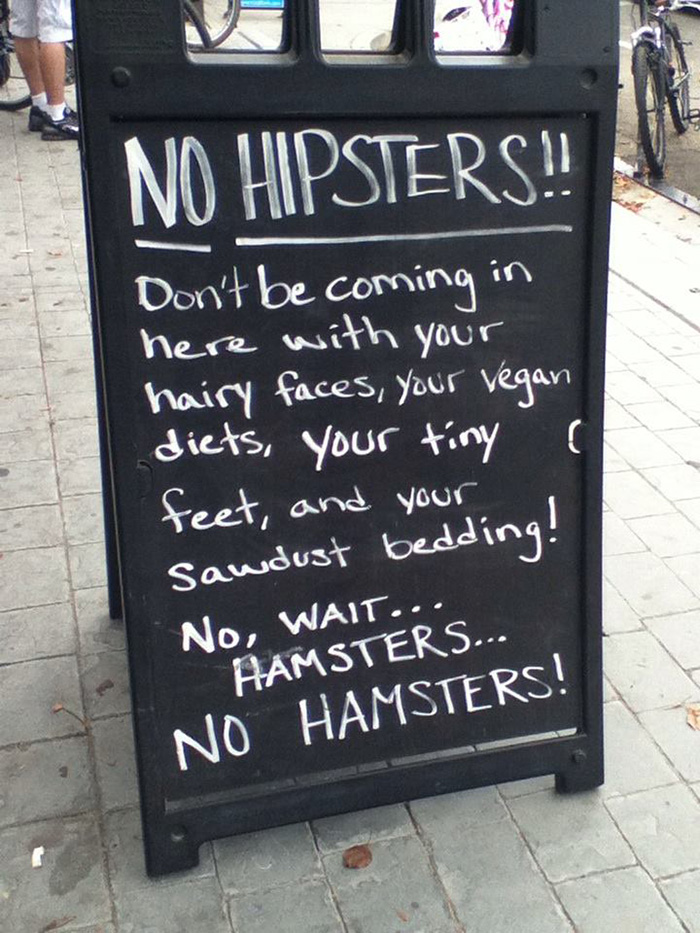I'm at the annual LAGB meeting, held in Salford this year. Yesterday we had a workshop on Case, and indeed case (there's a difference).
I really enjoyed the plenary talk, by Mark Baker. He had used what's called The Middle Way, which is a good methodology if you can do it. It means that you find a middle ground between your typical theoretical generative linguist (who looks at just one or two languages, often their own) and your typical functional or typological linguist (who looks at a lot of languages but not in great detail, and maybe only from published grammars) and you take a sample of unrelated languages and you look at them in as much detail as you can, ideally from primary data. It's what I wanted to do with my thesis but in practice, it's really really hard to do because you need to find native speakers of all these obscure languages. And that's before you even get to interpreting all the data. I won't summarise his talk here because it was excellent and I won't do it justice, and because you can get the slides here: [
link]
On a completely unrelated note, he used this sentence, which I consider to be slightly ungrammatical (that's what the ? means - linguists, at least those who don't do quantitative stuff, use a scale of ungrammaticality. * means it's ungrammatical, ? means a bit iffy, and then ?* in between for a totally subjective and non-quantifiable scale of badness. Grammatical sentences are just presented as sentences):
(1) ? You do nothing in the transitive one either.
'Either' (in this sense) is a sort of NPI, which means it's allowed if you have a negative which 'scopes' over it, but not if you don't. So (2) is not at all grammatical:
(2) *I like hornpipes either.
The 'nothing' in the sentence Baker used should be enough to license 'either', and evidently for him it is. And for me, it's totally OK to say something like (3):
(3) There's nothing in here either.
That's completely parallel, on the face of it. There's no reason that I can see that one should be OK and the other not. And yet, for mysterious reasons, for me it's a heck of a lot better to say (4) than (1), but (5) is no better, and probably a bit less natural, than (3):
(4) You don't do anything in the transitive one either.
(5) There isn't anything in here either.
Answers on a postcard please.





